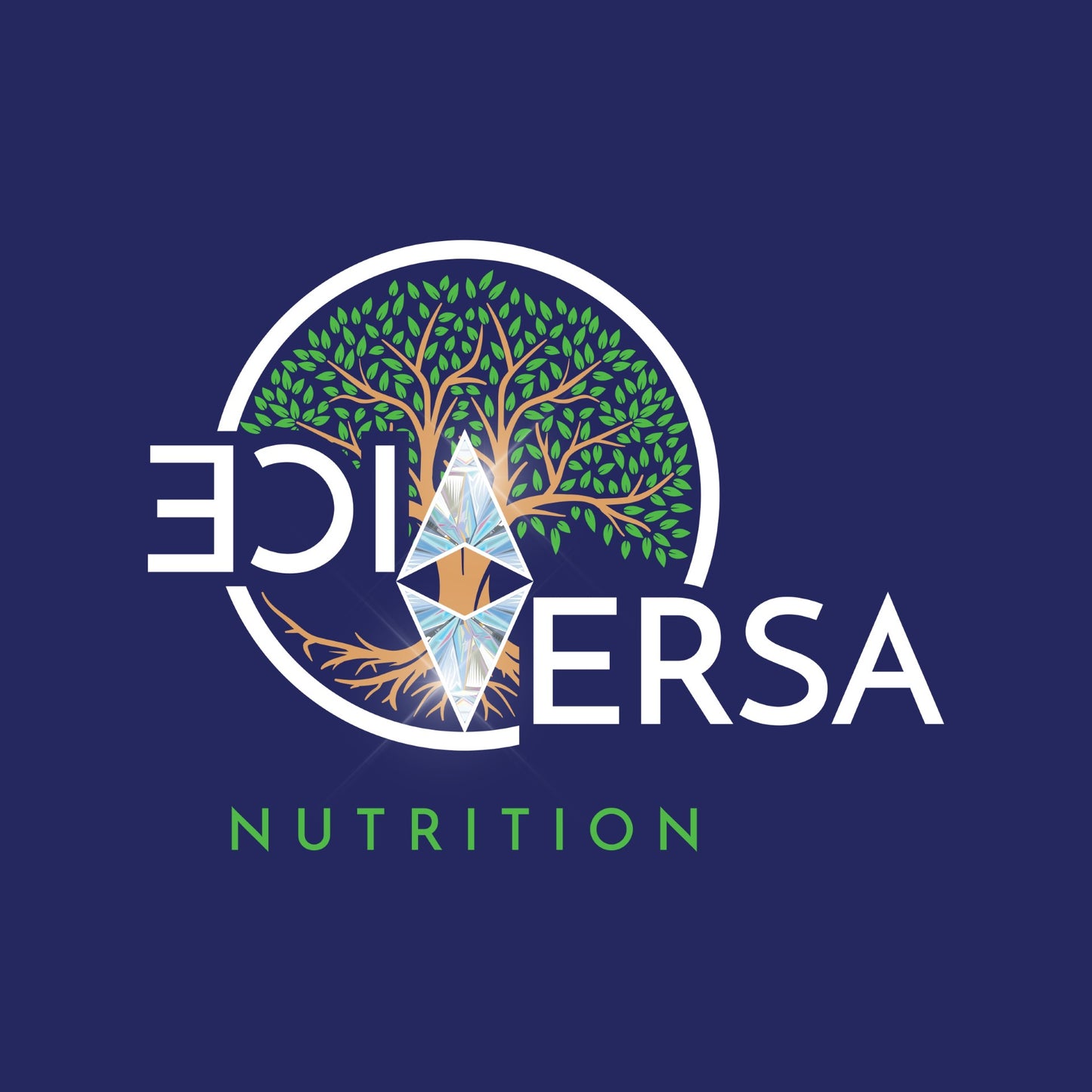
"Organic Foods"
Curious about the buzzword "organic" when it comes to food? In a world where health-conscious consumers are increasingly concerned about the quality and sustainability of their food, understanding what "organic" truly means is more important than ever. Is it just a marketing gimmick or a genuine indication of a healthier choice? In this article, we'll delve into the meaning of "organic" and shed light on what sets organic food apart, so you can make informed decisions about what goes on your plate. Get ready to uncover the truth behind the label and discover the real benefits of organic food.
What does “organic” mean?
"Organic" refers to a method of farming and food production that prioritises natural and sustainable practices while minimising the use of synthetic chemicals, genetically modified organisms (GMOs), antibiotics, and hormones.
Australian organic standards also prioritise principles such as soil health, biodiversity, and ecological balance, with a focus on sustainable and regenerative practices. Organic food produced in Australia is certified by recognised organisations, and the "organic" label indicates that the food has been grown and processed in accordance with these strict standards. For health-conscious Australians who are mindful of the environmental impact and sustainability of their food choices, opting for organic food ensures a commitment to natural, chemical-free, and ecologically-friendly practices in the production of their food.
|
Aspect |
Organic Food |
Non-Organic Food |
|
Farming Practices |
Follows strict organic standards, prohibits use of synthetic herbicides, pesticides, fertilisers, and GMOs. Emphasises natural and sustainable practices, biodiversity, and soil health. |
May use synthetic herbicides, pesticides, fertilisers, and GMOs in farming practices. Less emphasis on natural and sustainable practices. |
|
Certification |
Certified by recognisable organic certification organisations. |
May not have specific certification for being non-organic. |
|
Environmental Impact |
Promotes biodiversity, reduces synthetic chemical use, and aims for ecological balance. |
May contribute to soil erosion, water pollution, and loss of biodiversity due to synthetic |
|
chemical use. |
||
|
Food Safety |
Prohibits use of certain chemicals, GMOs, and antibiotics. |
May contain residues of synthetic chemicals, GMOs, and antibiotics. |
|
Sustainability |
Focuses on long-term sustainability through regenerative practices. |
May prioritize short-term yields and profit margins over sustainability. |
|
Nutrition |
May have higher levels of certain nutrients, antioxidants, and beneficial compounds due to natural farming practices. |
May have lower levels of certain nutrients and antioxidants due to synthetic chemical use. |
|
Price |
Generally higher due to higher production costs and limited supply. |
Generally lower due to higher availability and lower production costs. |
|
Consumer Preference |
Preferred by consumers seeking natural, environmentally-friendly, and sustainable food choices. |
Preferred by consumers who prioritize affordability and availability. |
Organic food and your health
The consumption of organic food has been associated with potential health benefits. Here are some ways in which organic food may positively impact your health:
Reduced exposure to synthetic chemicals: Organic food is grown without the use of synthetic herbicides, pesticides, and fertilisers, which may result in lower exposure to residues of these chemicals in your food. This can be particularly beneficial for those who are concerned about potential health risks associated with prolonged exposure to synthetic chemicals.
Higher nutrient levels: Some studies suggest that organic food may contain higher levels of certain nutrients, such as vitamin C, iron, magnesium, and antioxidants, compared to non-organic food. These nutrients are important for overall health and can contribute to a well-balanced diet.
Avoidance of genetically modified organisms (GMOs): Organic food prohibits the use of genetically modified organisms (GMOs), which are organisms whose genetic material has been altered in a way that does not occur naturally. Some individuals prefer to avoid
GMOs due to concerns about their potential impact on health and the environment.
No use of antibiotics and hormones: Organic animal products, such as meat, eggs, and dairy, come from animals that are not given antibiotics or hormones, which are commonly used in non-organic animal farming. This may reduce the risk of antibiotic resistance and hormone exposure in food.
Environmental sustainability: Organic farming practices emphasize sustainability, biodiversity, and ecological balance, which can contribute to a healthier environment. This can indirectly benefit human health by supporting a more sustainable and resilient food system for future generations.
How to introduce organic foods into your regimen.
Incorporating organic foods into your diet can be a positive step towards a healthier and more sustainable eating regimen. Here are some practical tips on how to introduce organic foods into your regimen:
Take advantage of accessibility: Organic foods are becoming more widely available in local supermarkets and grocery stores, with clear labeling indicating their organic status. Look for the "certified organic" label on packaged foods and make a habit of checking for organic options during your regular grocery shopping.
Look out for deals: While organic foods can sometimes be more expensive than non-organic options, keep an eye out for deals and discounts on organic products. Check for sales, promotions, or bulk options that may help make organic foods more affordable.
Start small: You don't have to overhaul your entire diet to incorporate organic foods. Begin by introducing one or two organic ingredients into your meals, particularly during dinner time. This can be as simple as using organic vegetables in a stir-fry or choosing organic eggs for your morning omelet. Every small step counts.
Visit local farmer’s markets: Farmers markets are a great way to source fresh, locally-
Consider growing your own: If you have the space and resources, consider growing your own fruits and vegetables. This allows you to have full control over the growing process and ensures that you know exactly what goes into your food. You can start small with a few potted herbs or vegetables in your backyard or even on a balcony.
